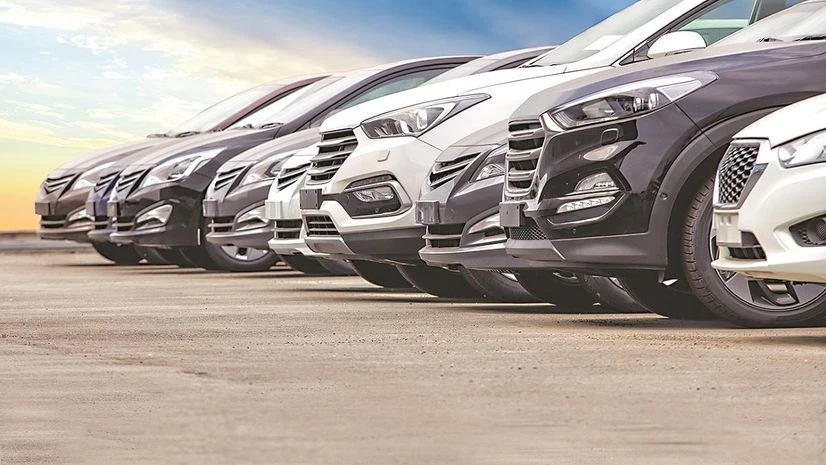Some top Indian carmakers reported a surge in sports utility vehicle sales to dealers in the festive month of October, company data showed on Friday, while the small-car segment stayed sluggish, highlighting customers' increasing preference for larger, premium cars.
Maruti Suzuki, India's No. 1 carmaker in terms of market share, posted a 19.4% rise in SUV sales to hit a record high, while No. 2 SUV-maker Mahindra and Mahindra posted its highest monthly sales in the current fiscal year, a 25% rise.
Mahindra, which has a portfolio comprised entirely of SUVs, reported a rise in sales every month this year ending March 2025, mostly supported by new launches such as the "Thar ROXX".
Meanwhile, Hyundai Motor India posted its highest-ever monthly SUV sales at 37,902 units.
Demand for new cars has slowed after two years of surging growth, forcing automakers to moderate sales to dealers and dish out higher discounts as showroom owners grapple with rising levels of unsold cars.
However, the month-long festive season - an auspicious time during which Indians typically make big-ticket purchases - began in early October this year, helping dealers offload piled-up inventory.
More From This Section
Inventory levels had hit 85 days in September; the recommended level is a month's worth of stock. Dealers' inventory data for October is likely to be updated next week.
Earlier this week, Maruti Suzuki said its inventory was down to 30 days on higher festive-season discounts. It also reported its total sales grew to a record high of 206,434 units in October, largely due to a jump in exports and sales to global car design and manufacturing partner Toyota.
However, weak demand for small cars affected most of the carmakers' overall domestic sales. Maruti Suzuki's dropped 5%, burdened by a 20% drop in small car sales, while Hyundai Motor India's rose a tepid 0.8%.
Overall domestic sales for Tata Motors , which derives about two-thirds of its sales volumes from SUVs, stayed flat, hit by stiff competition from Mahindra.
(Only the headline and picture of this report may have been reworked by the Business Standard staff; the rest of the content is auto-generated from a syndicated feed.)

)